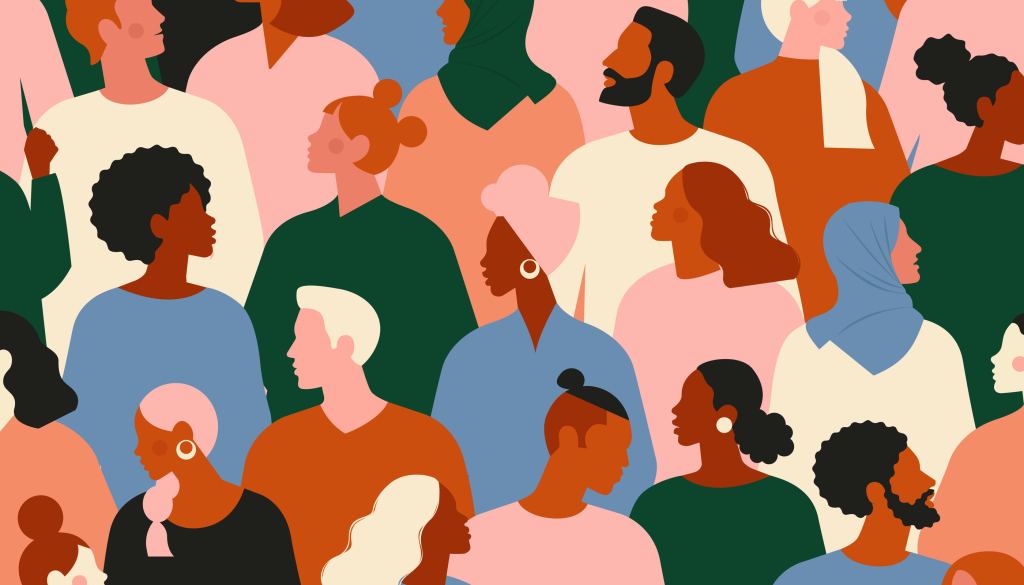The acts of the past are followed strongly in the present, particularly in the form of racial bias and social inequality. Similarly, in “Mercy” by L.C. Russell, the readers are dived into the times of dishonest exercises and evident biases that shaped societies centuries ago. However, a closer examination reveals that many of these biased practices have just converted into new forms in our current century, continuing to affect lives in various ways. The abuse, slavery, and the oppression has just taken a modern mode to be carried out today.
The 19th-century plantations were sources of racial bias, where the color of one’s skin determined their fate, rights, and societal value. These conditions are portrayed through the daily injustices faced by slaves, who were subject to harsh conditions, denied basic human rights, and viewed as property rather than people. Such racism has not been destroyed; rather, it has evolved into more indirect yet equally damaging forms. Today, racial bias exist in various sectors such as housing, employment, education, and particularly in law enforcement and the criminal justice system.
Racial describing, disproportionate sentencing, and differences in the quality of education and healthcare between different racial groups are modern displays of old prejudices. The narrative from the plantation era shows the continuing issues, urging a check of how far we have truly come and how much further we need to go.
In the past, the manipulation and control by plantation supervisors and owners were blunt and often brutal. Today, while not always marked by physical violence, similar cruel tricks are followed through institutional policies and practices that spread inequality. For instance, voter destruction tricks in various forms like strict ID laws, limiting early voting, shows the true side of the control mechanisms of the past by excessively affecting minority communities.
Awareness is the first step toward change. By drawing lines between historical acts and modern-day situations, we can finish the traces of bias that continue to flaw our society. Advocacy and informed action can follow this awareness, as communities and individuals push for policies and practices that aim for true equity and justice.
The call to action, inspired by the historical struggles depicted in books like “Mercy,” is clear. It is a call for caution against refined biases and a reminder that the need for a fair society is ongoing. Just as the characters in historical stories fought against the injustices of their times, so too must we challenge the injustices of ours. In conclusion, by connecting with the past through stories and recognizing the differences in today’s world, we not only honor those who suffered and struggled before us but also empower ourselves to continue their legacy of striving for a just society. This connection highlights the necessity for continued care and action against racial bias and inequality in our time. And as they say “freedom is the oxygen of soul”, thus we all need oxygen to survive.



